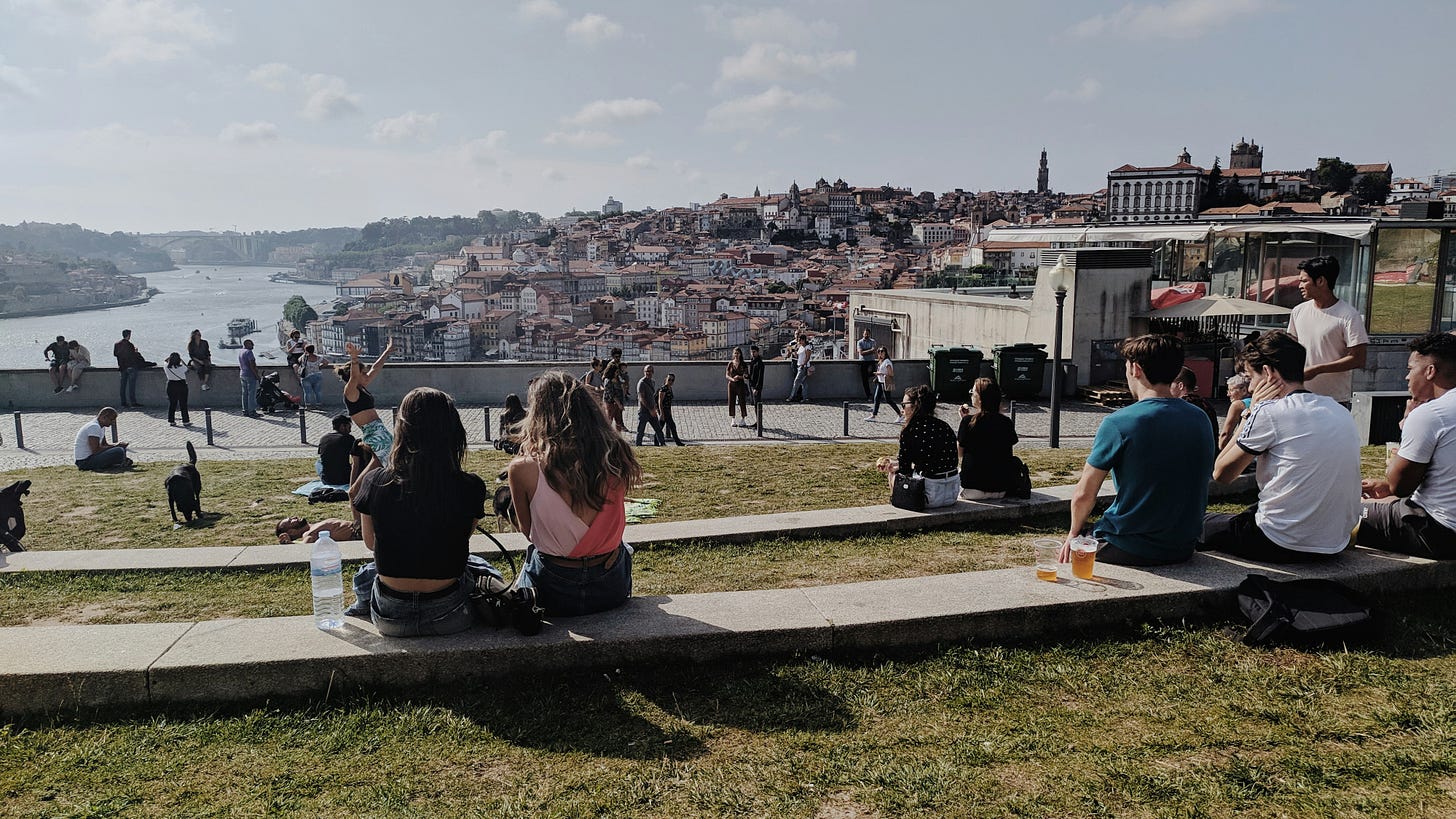On International Migrants Day, the Observatório das Migrações and Pordata, the Fundação Francisco Manuel dos Santos’ statistical database, released twin reports on the number and living conditions of immigrants in Portugal.
The reports showed that the number of foreign nationals living in Portugal in 2022 was almost 800,000, double the figure of 10 years ago, with one in three living at risk of poverty and half a million having been granted Portuguese nationality in the last 15 years.
“The most representative nationalities in Portugal are Brazilian (29.3%), British (6%), Cape Verdean (4.9%), Italian (4.4%), Indian (4.3%) and Romanian (4.1%),” reads the Pordata report.
In terms of employment, according to Pordata, more than a third of foreigners in Portugal have a temporary employment contract (the average is 16% among Portuguese workers) and Portugal is the fourth country in the European Union with the greatest job insecurity among foreigners.
The studies also concluded that the unemployment rate amongst foreign nationals is more than double the national average, earning, in 2021, an estimated “€94 less per month than the national average”.
Another stark detail is that one in three foreign nationals in Portugal is at risk of poverty and/ or social exclusion – 11% more than Portuguese nationals. In percentage terms, this translates into 31% of foreigners living in Portugal being at risk of poverty/ social exclusion, with the problem “particularly acute among those from outside Europe”.
Meanwhile, the Chega Party has asked to schedule a debate in Parliament about “the pressure” of immigrants on the health system. “I'm very interested in seeing what PSD and PS will defend because I suspect that it will be exactly the same in this matter”, party leader André Ventura said, stating that he did not see “big differences” in the speeches of Luís Montenegro and Pedro Nuno Santos.
“In all European countries, immigration divides right and left, what we see is the PSD saying exactly the same thing as the PS”, he argued, pointing out that “it is the PSD that is copying the PS because the PS has always had this position on immigration.”
See the full dataset here.







One of the barriers to the integration of foreigners in Portugal is the lack of opportunities for learning the language in an organized, structured way outside major metropolitan costal communities. In the interior, where language courses are advertised they almost never take place. This in turn leads to fewer remunerative job opportunities for those who have relocated to Portugal. (That and the inability to take advantage of the pervasive nepotism.)